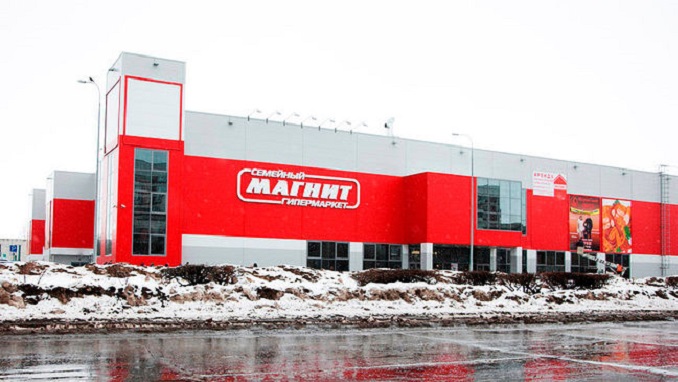Transparency International Russia today published a study that gives low scores on anti-corruption and financial transparency to most of the 200 top companies studied.
The report titled Transparency in Corporate Reporting: Assessing Russia’s Largest Companies assesses the financial disclosure practices of 200 companies in Russia with respect to their anti-corruption programs as well as the availability of information on their subsidiaries and foreign branches and payments to the government.
This is the first ever full-scale assessment of Russian companies based on the Transparency in Corporate Reporting (TRAC) methodology developed by Transparency International.
Profits from these companies comprise more than 70% of Russia’s national income and their taxes are crucial to the Russian state budget. The companies have significant economic and political influence, yet 84% of them rate low in terms of transparency. Their median assessment is just 2.6 out of 10 and only 32 companies received more than five points out of 10.
The five highest-ranking companies are Magnit (7.9), Sberbank (7.9), Kazanorgsintez (7.8), Rosseti (7.5) and Nizhnekamskneftekhim (6.8).
Forty-one companies scored zero on all three of the criteria assessed: the availability of information about their anti-corruption programmes, transparency on the company’s holdings, and the disclosure of key financial information on a country-by-country basis.
“Even though companies are driven to be more open in order to meet the demand of investors, public and regulators, there is still lack of commitment to openness from the companies’ owners and top management. Most of the largest players underestimate how crucial transparency on political party and candidate financing, explicit zero tolerance for corruption and support for special anti-corruption programmes are to their customers, investors and partners,” Anton Pominov, general director of Transparency International Russia said, commenting on the report’s findings.
“On the other hand, there are a number of examples of best practice that originate from either the goodwill of management or the negative consequences of past mistakes,” Pominov said. “In either case, we welcome any steps taken to achieve a more transparent, responsible and sustainable business model,” Pominov added.












